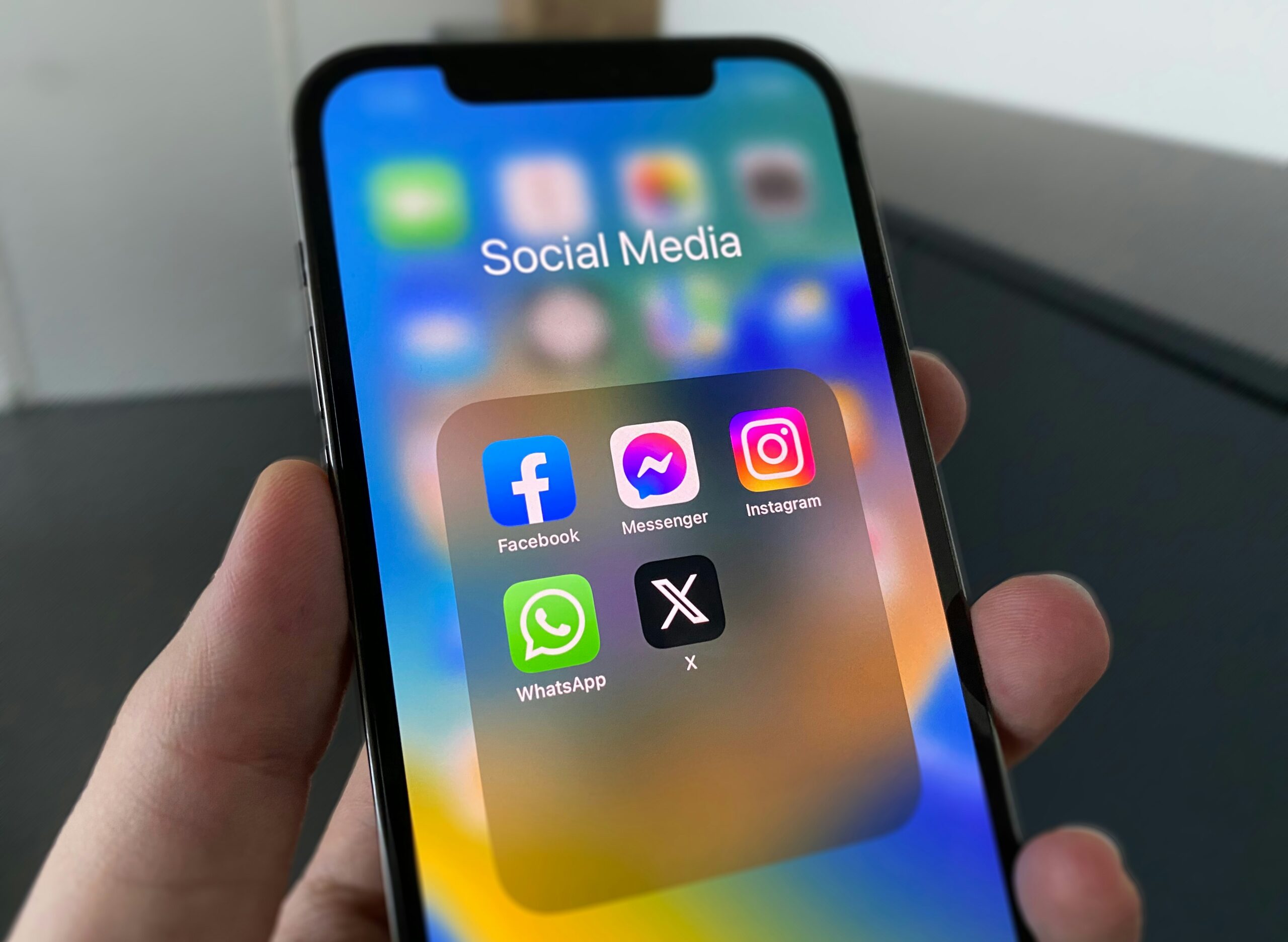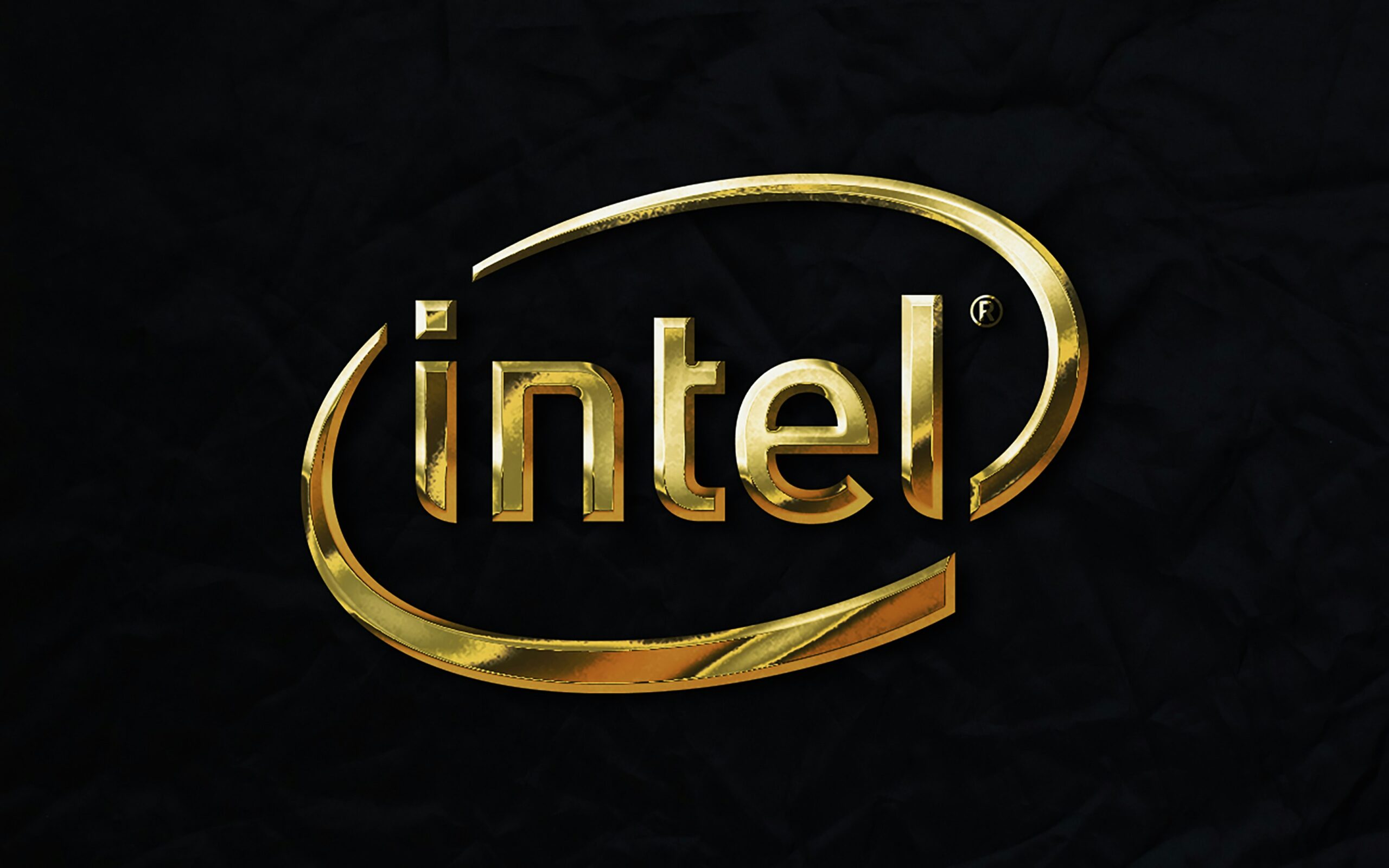Zuckerberg Says Snapchat Would’ve Grown Faster Under Meta After Rejected $6B Buyout
Meta Title: Zuckerberg Claims Snapchat Missed Growth by Rejecting Meta’s $6B Buyout
Meta Description: During Meta’s antitrust trial, Mark Zuckerberg said Snapchat could’ve grown faster if it had accepted Meta’s $6B acquisition offer. Read what this means for social media competition.
Introduction
At the center of Meta’s ongoing antitrust trial, a new revelation has sparked attention: Mark Zuckerberg testified that Snapchat would have grown faster had it accepted Meta’s $6 billion buyout offer back in 2013. The statement was made during a court session as part of the U.S. government’s case against Meta for allegedly maintaining a monopoly through strategic acquisitions.
Background: The $6 Billion Buyout That Never Happened
In 2013, then-Facebook reportedly offered to acquire Snapchat for $3 billion, but new court documents now confirm the actual offer was closer to $6 billion.
Zuckerberg stated in court:
“For what it’s worth, I think if we would have bought them, we would have accelerated their growth, but that’s just speculation.”
The deal was rejected, and Snapchat chose to stay independent, eventually going public in 2017.
Why Is This Coming Up Now?
This comment was brought up as part of the FTC’s ongoing antitrust lawsuit against Meta. The government claims that Meta has consistently tried to eliminate competition by acquiring rivals — not by improving its own products.
This includes:
- Buying Instagram in 2012 for $1 billion
- Acquiring WhatsApp in 2014 for $19 billion
- Attempting to buy Snapchat in 2013
The FTC argues these moves are part of a larger strategy to maintain monopoly power in the social media industry.
What Zuckerberg’s Testimony Suggests
Zuckerberg’s statement could be interpreted in two ways:
- An honest opinion about improving Snapchat’s growth through Meta’s resources
- An indirect admission that Meta tries to “absorb” potential threats rather than competing head-on
For antitrust regulators, this is a critical point in arguing that Meta suppresses innovation and competition.
Implications for the Future of Meta
If the FTC wins the case:
- Meta may be forced to restructure or even sell off Instagram and WhatsApp
- The case could set a precedent for how Big Tech deals with competitors
- Other tech giants like Google, Amazon, and Apple might also face renewed antitrust pressure
Conclusion
Mark Zuckerberg’s remarks about Snapchat highlight a deeper issue in Big Tech — whether dominant platforms are nurturing innovation or stifling competition. As the antitrust trial unfolds, its outcome could reshape not only Meta’s future but the entire social media landscape.
- Image Credits: Unsplash





